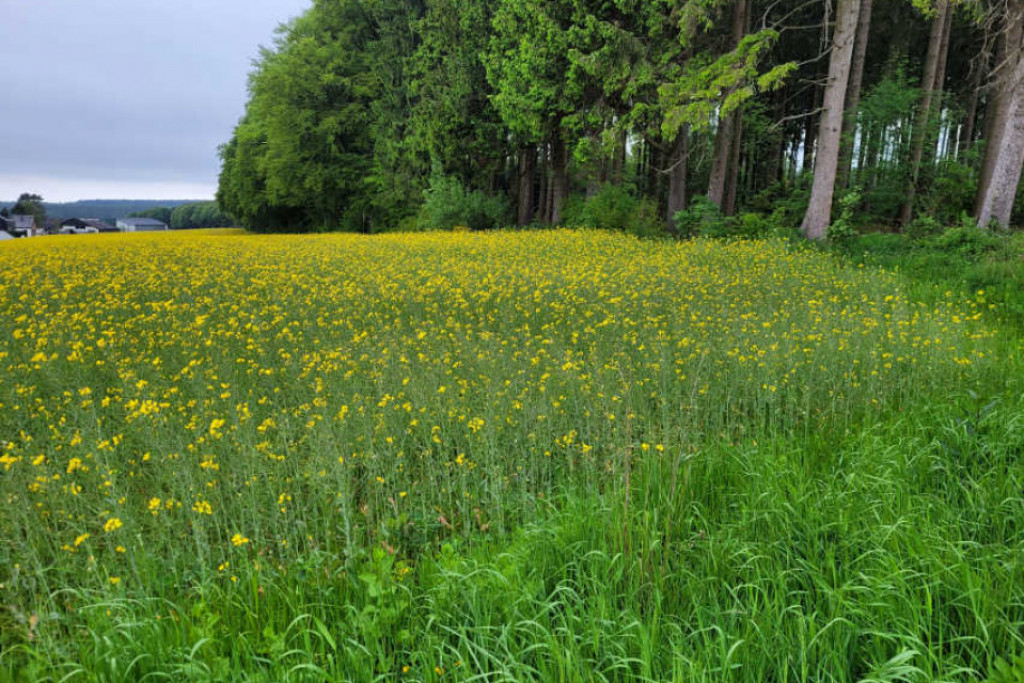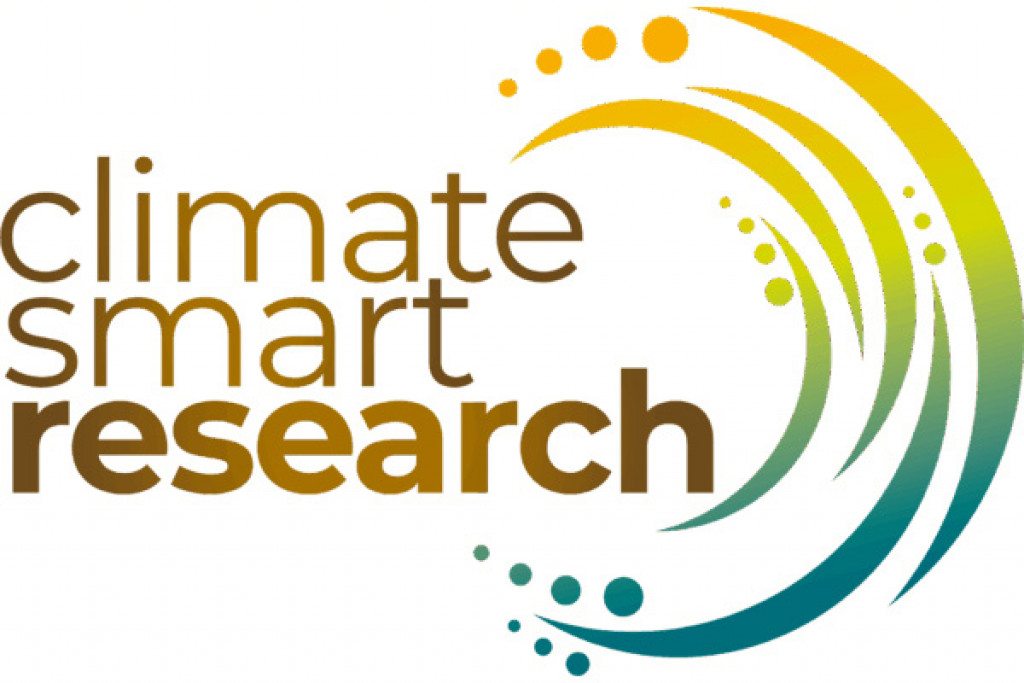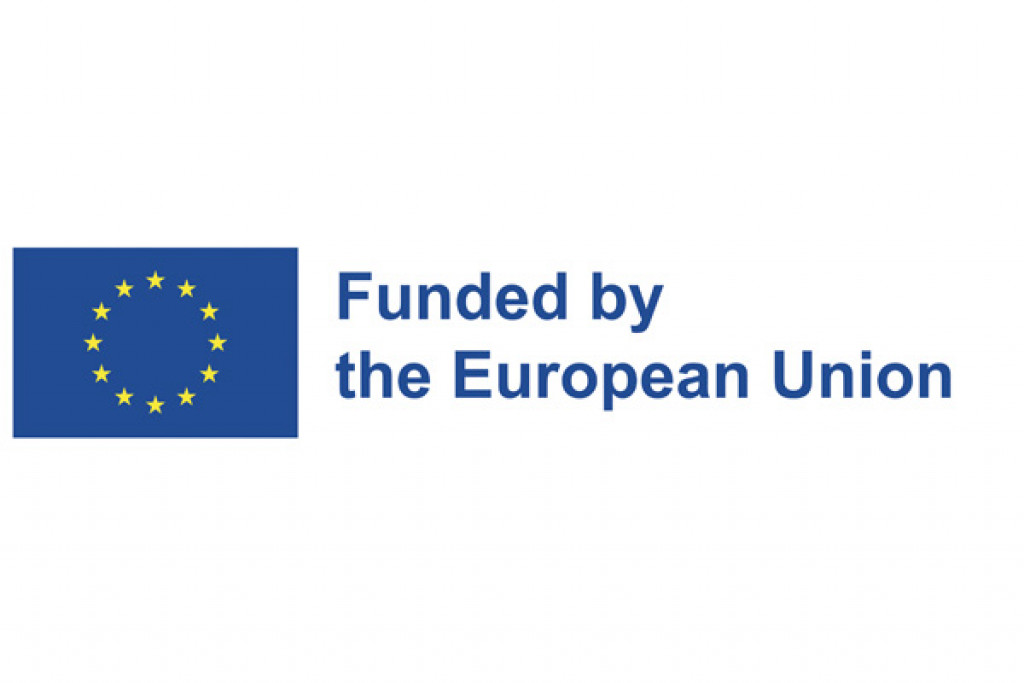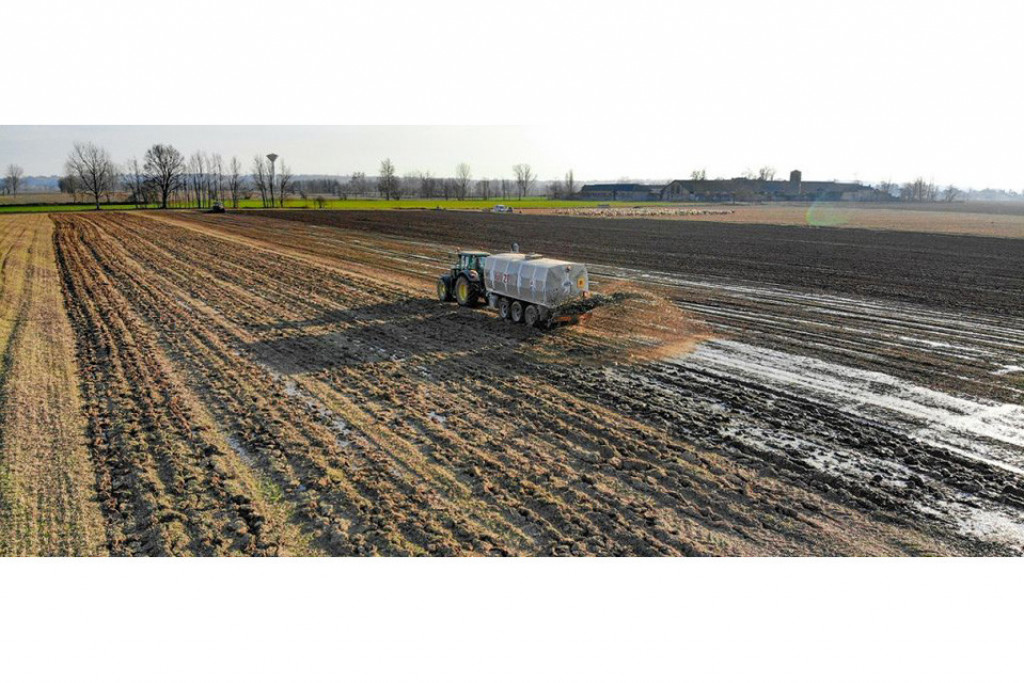Investigate cutting edge approaches to mitigate agricultural greenhouse gas emissions and adapt agricultural practices to climate change.
Context
Reducing agricultural pressure on the environment is a key challenge in achieving the European targets of reducing greenhouse gas emissions by 55% by 2030 compared to 1990 and achieving climate neutrality by 2050. Numerous Climate Smart Farming (CSF) practices are studied to limit and adapt to climate change.
In this context, the CSR project aims to develop and evaluate cutting-edge agricultural practices through a systemic approach at the farm level rather than at the plot or herd level. This approach enables the study of interactions between different farm sectors, highlighting synergies and trade-offs between productivity, climate adaptation and greenhouse gas (GHG) emissions mitigation. This European project aims to interconnect 29 experimental research stations representing four pedo-climatic zones and the three main European agricultural sectors : arable and horticulture cropping, animal husbandry and mixed farming systems.
Objectives
This project has multiple objectives :
- Co-create a conceptual framework for Climate-Smart Agricultural Research and the assessment of farms environmental performances
- Promote exchanges between involved research stations to support capacity building on Climate Research and innovation design
- Develop and study the adaptation potential of cutting-edge CSF approaches on pioneering research stations enabling significant mitigation of GHG emissions and adaptation to climate change
- Collect and compare climate toolkits and decision support systems (DSS) and explore their suitability for adoption and implementation in typical farms.
Approach
The CRA-W is one of ten pioneering research stations of the project at the core of developing cutting-edge CSF practices thanks to its ability to consider, in mixed farming, the entire “farm system “, including synergies and trade-offs between productivity, adaptation and reducing environmental impact. The Libramont site (SPoT project) is involved for its ability to study GHG emissions and carbon sequestration at farm level before and after the integration of various innovations. The development of these innovations and their potential implementation on commercial farms will be considered thanks to the involvement of a farmers group and a stakeholders group.
Tested innovations at the CRA-W site are based on synergies between crops and livestock farming in a constrained system (organic farming, low inputs, loamy-stony soils at an altitude of 500 m, etc.) aimed at maximising food production for human consumption (avoiding feed-food competition) and implementing more agroecological practices such as :
- The development of innovative, diversified crop rotations for human consumption
- The optimisation of soil cover by implementing intercropping
- Improving manure storage and spreading practices
- Optimising the use of grass and crop by-products by cattle, resulting from crossbreeding (dairy to beef), in growth - fattening
Thanks to a better understanding of CSF practices and approaches and the development of more than 20 emerging practices in collaboration with all stakeholders, the CSR project will contribute significantly to the transition towards environmentally neutral agricultural systems.
Funding
Project funded by the European Union under the Horizon Europe programme (HORIZON-CL6-2024-CLIMATE-02, Project 101216573).








